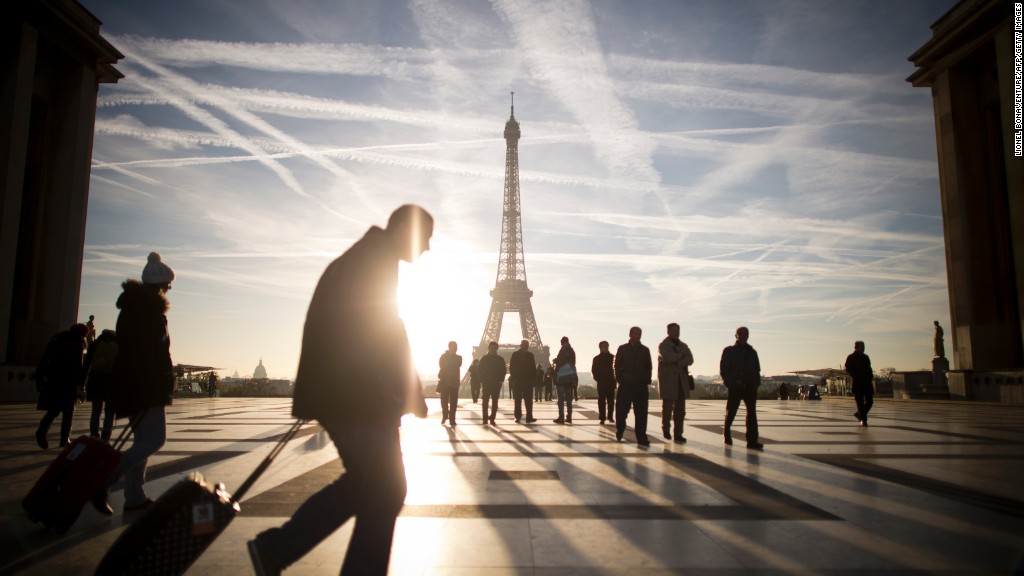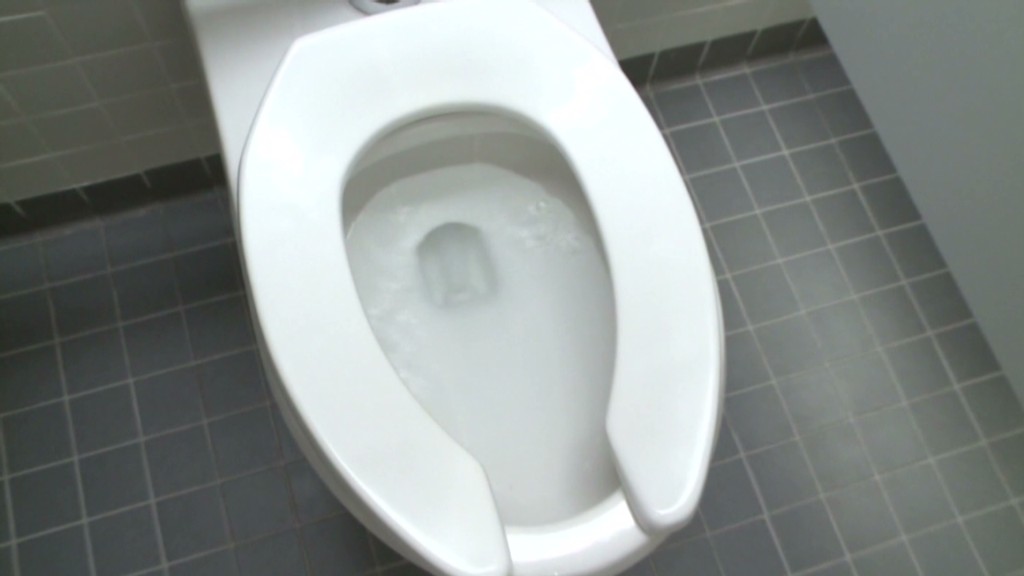
Sacre bleu! French workers may face the end of their cushy 35-hour work-week.
In an interview with a French newspaper before becoming the nation's economics minister, Emmanuel Macron said he's open to loosening strict government regulations that enforce 35-hour work weeks.
France's economy has been stagnant for years, and any substantial boost to working hours could improve its competitiveness. The country registered zero growth in the second quarter and is struggling with high levels of unemployment.
Macron said he supported allowing employees to vote within their workplace to expand their work week. If the majority of workers wanted an expanded week, the employer could extend hours.
"The key to a recovery in France is to liberate our potential energy to create activity," he told Le Point.
His words have re-ignited the debate about working hours across the country. Most politicians within President Francois Hollande's Socialist party do not support a change.

"[A longer work-week is probably] a good thing from an investment point of view, but is not going to be accepted lightly by the public," said Will Hedden, a market analyst at London-based IG.
Related: Countries with the shortest work weeks
Government rules enforcing 35-hour work weeks were put in place in 2000 to encourage companies to hire more people by limiting the hours of current employees. Previously, the French worked 39-hour weeks.
However, various reforms have softened these rules over time and some industries are granted special exceptions.
Macron, a 36-year-old former banker, told Le Point that France should encourage investment, restore national competitiveness and fix the budget deficit.
Macron began in his new role this week amid a French government shakeup after his predecessor, Arnaud Montebourg, reportedly attacked his government's economic policies. The rebellion led the whole French government to resign on Monday. Prime Minister Manuel Valls formed a new cabinet Tuesday.
-CNN's Ariana Williams, Marion Lory and Niki Cook in Paris contributed to this report.


